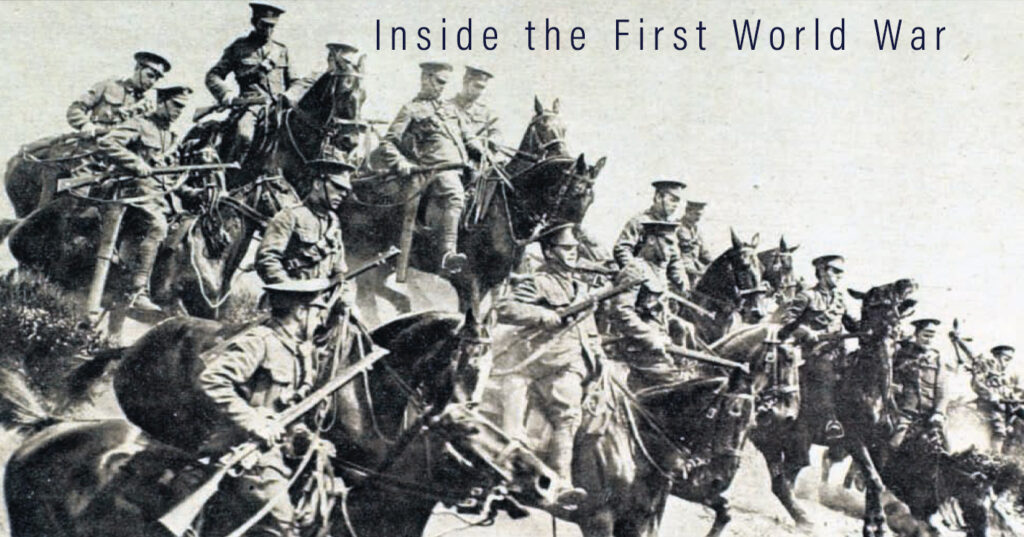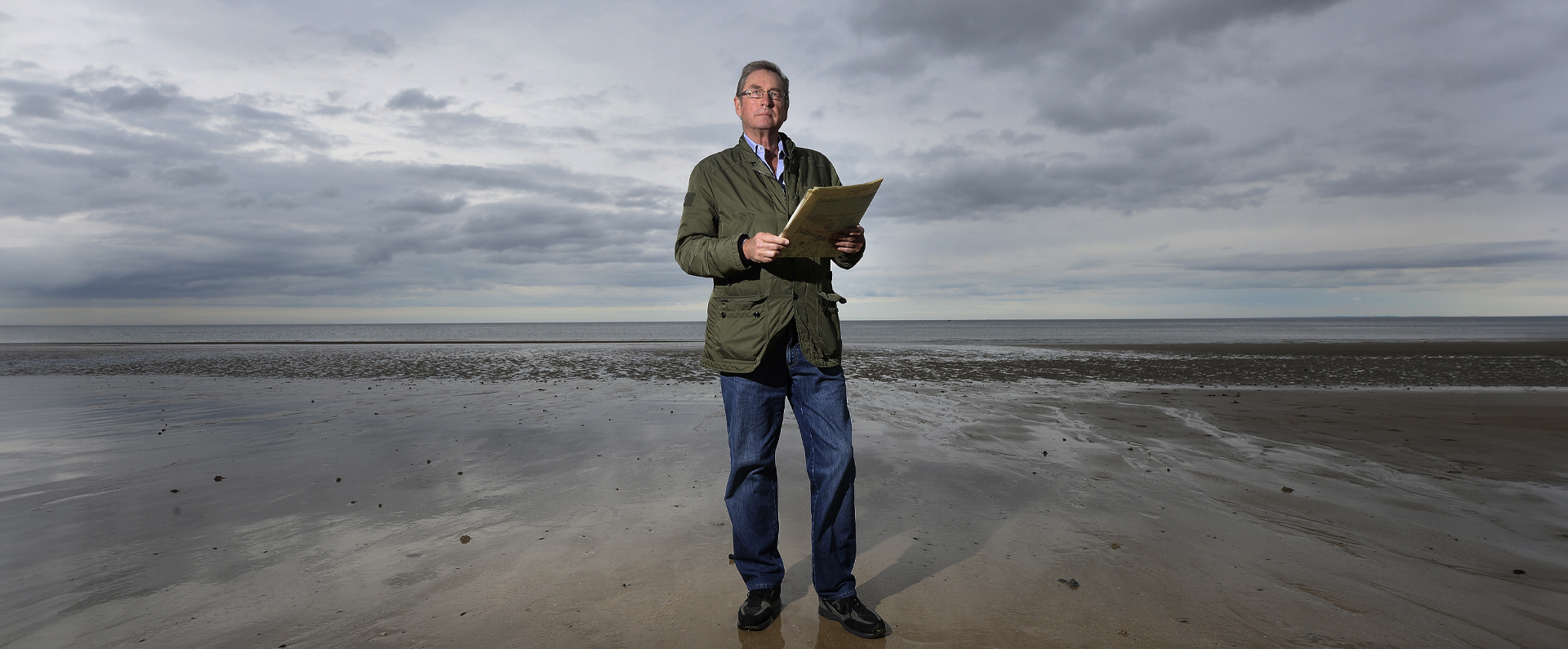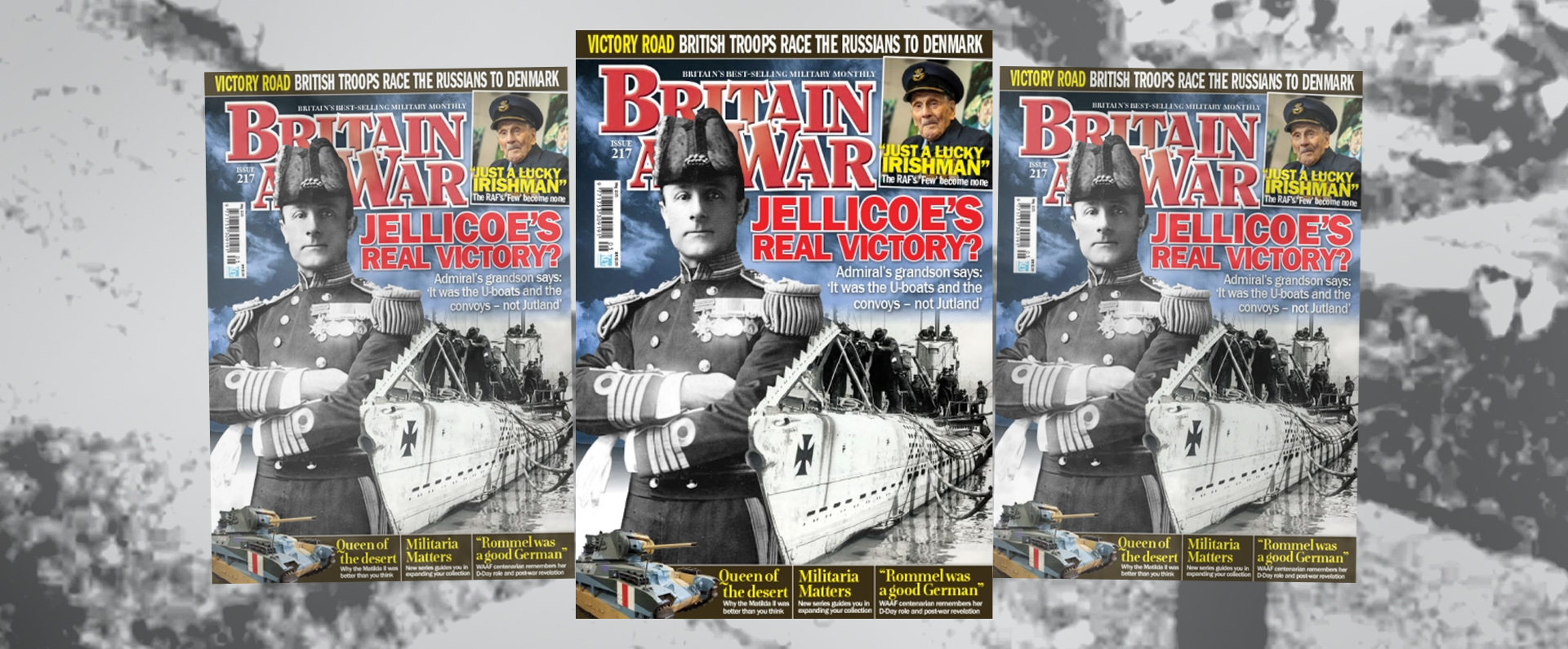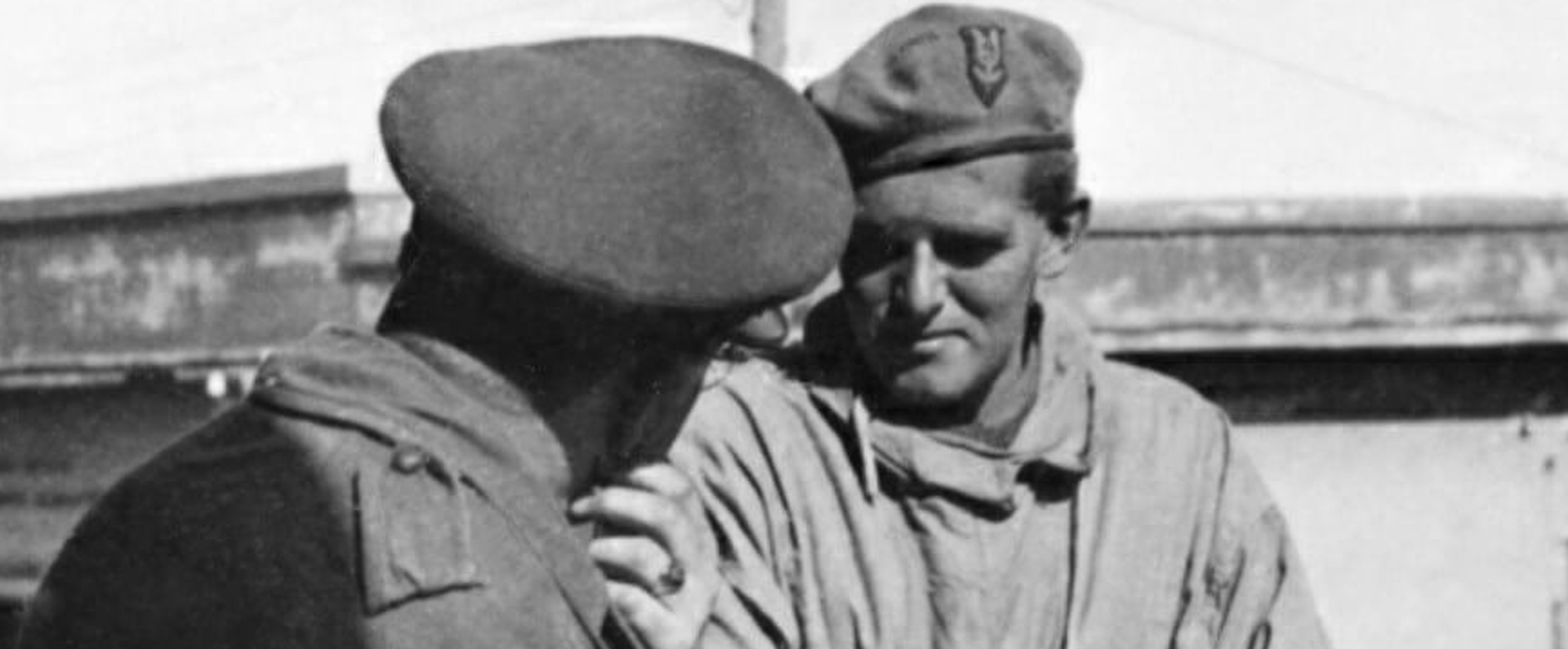
There has been a lively political debate in recent months over how Britain, as a nation, should mark the 100th anniversary of the start of the First World War.
Some lack any enthusiasm to commemorate the Great War of 1914-18, whilst others are convinced that there should be huge events to mark the landmark anniversary.
The Government’s approach, announced in June, is to have a four-year programme of commemorations which “set out the facts” – but, in an age of political correctness, without being too patriotic or upsetting the Germans.
Of the many events that will take place, I fully support the decision to send a delegation from every secondary school to visit First World War battlefields. As someone who has visited more battlefields that I can remember over the years, I know that it is only when you stand at such a location, sometimes amongst the rows of simple graves, that you can begin to imagine what must have gone on there all those years ago.
My own thinking on this debate is clear: we should definitely acknowledge the 100th anniversary of this momentous conflict. It was “total war” that, sadly, led to a scale of casualties that had never been seen before.
Some 16 million people are believed to have died as a result of the war and a further 20 million were wounded. Some six million young men from Britain alone served in the Armed Forces, of whom more than 800,000 perished.
I believe that people of all ages, but particularly the young, will benefit from a greater understanding of the causes and the horrors of the war – if only to help avoid such a tragedy again.
We also owe it to those who died serving King and country to remember their sacrifice that, in turn, led to victory for the Allied Powers against the Central Powers. Ultimately, it was a triumph for wider freedoms for us all in the face of German aggression.
It is my firm belief that the 100th anniversary of the Great War must be commemorated appropriately that has led me to sponsor a series of supplements, in conjunction with The Sunday Telegraph.
The first 16-page supplement in the series, Inside the First World War, is published on Sunday. Part One is entitled “Europe Goes to War” and a further 11 monthly supplements are planned over the coming year.
As a committed champion of bravery and the author of four books on gallantry, I will be contributing to all the supplements. Each month I will tell one of the stories behind one of the 626 VCs awarded during the Great War – almost half of those awarded since the decoration was instituted by Queen Victoria in 1856.
Each one of the stories that I will recount is about a VC recipient whose medals are part of my collection of more than 180 VCs that are on display in a gallery at the Imperial War Museum.
My first article is about Drummer (later Regimental Sergeant Major) Spencer “Joe” Bent, who was awarded the VC on December 9 1914 for outstanding gallantry in the early months of the war.
Despite many close encounters with the enemy and being badly wounded, this young Suffolk-born soldier survived the entire war and eventually continued working part-time until he was 85. He died in 1977, aged 86.
It is because of “Joe” Bent and many like him – some of whom survived the war, while others did not that I am proud to sponsor this new series of supplements. I commend Inside the First World War to one and all.
* Part One of Inside the First World War is available with The Sunday Telegraph this weekend. The story behind “Joe” Bent’s VC appears in Lord Ashcroft’s book Victoria Cross Heroes. For more information, visit www.victoriacrossheroes.com .
* Lord Ashcroft’s VC and GC collection is on public display at the Imperial War Museum. For more information, visit www.iwm.org.uk/heroes.



